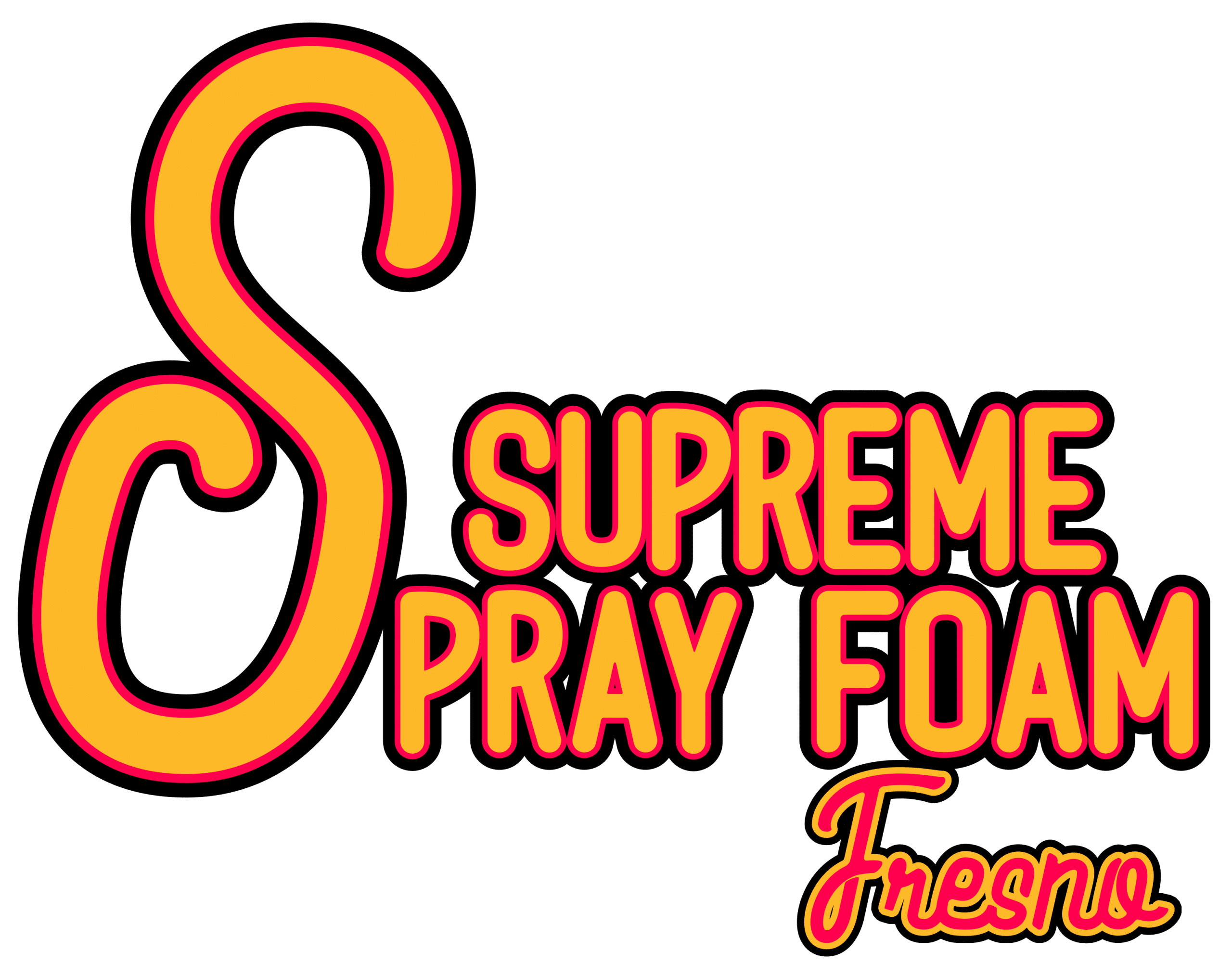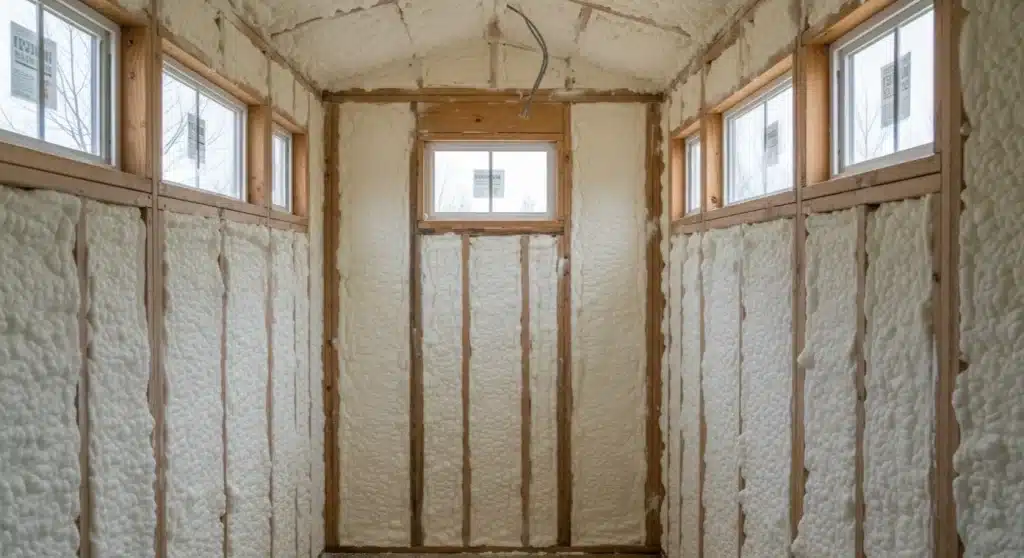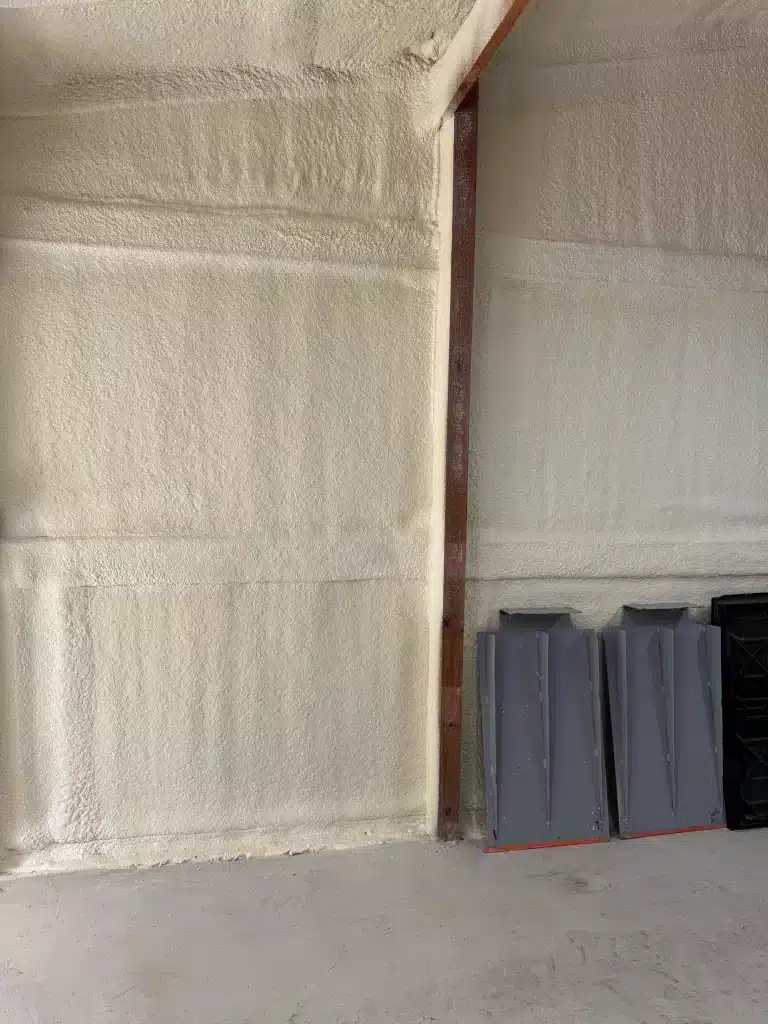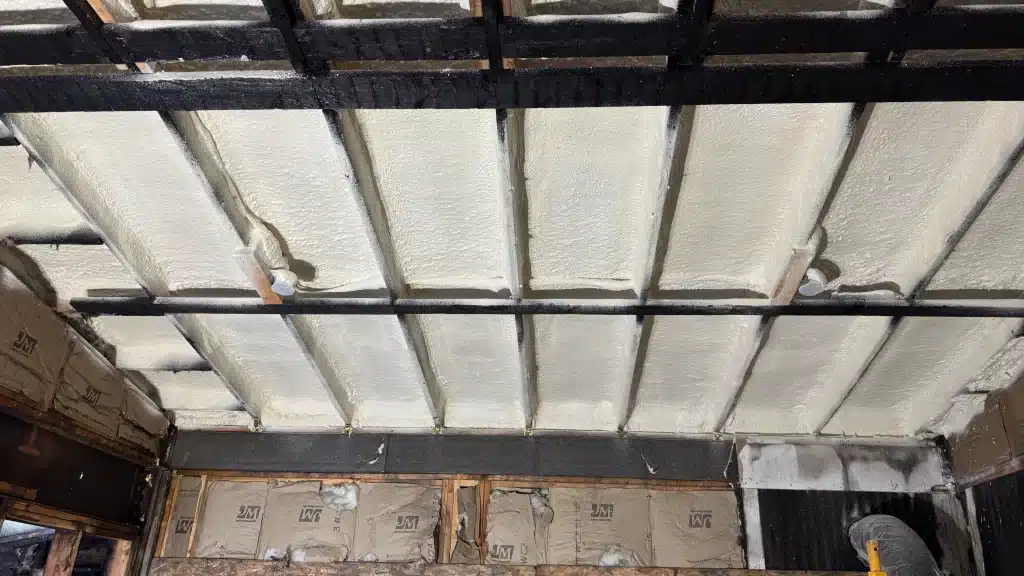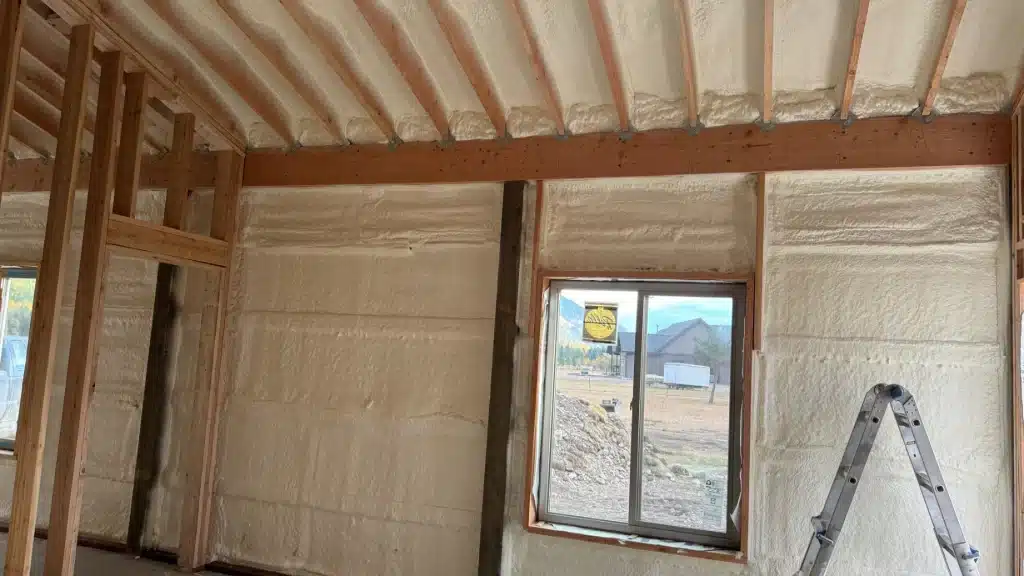Spray foam insulation delivers higher thermal efficiency, better air sealing, and longer durability than traditional materials such as fiberglass or cellulose. The core advantage lies in its ability to expand and seal gaps, which reduces energy loss and improves indoor comfort. Traditional insulation often leaves voids and compresses over time, lowering its effectiveness.
Practical experience shows that spray foam maintains consistent performance for decades, while batt and blown-in insulation degrade faster in varying climates. This reliability makes spray foam a stronger long-term solution for homes and commercial buildings seeking consistent energy savings.
Key Differences Between Spray Foam and Traditional Insulation
| Feature | Spray Foam Insulation | Fiberglass/Cellulose Insulation |
|---|---|---|
| Thermal Resistance (R-value per inch) | 3.5–7.0 depending on open or closed cell | 2.2–3.8 |
| Air Sealing Ability | Creates airtight barrier | Allows air leakage through gaps |
| Moisture Resistance | Repels water and reduces mold risk | Absorbs moisture, mold growth possible |
| Durability | Lasts 20–30+ years without sagging | Loses effectiveness in 10–15 years |
| Soundproofing | High noise reduction (open cell effective) | Limited sound reduction |
| Structural Strength | Closed cell adds rigidity to walls and roofs | No structural contribution |
Technical Specifications
| Type | Density | Typical R-Value per Inch | Application Areas |
|---|---|---|---|
| Open Cell Spray Foam | ~0.5 lb/ft³ | 3.5–3.7 | Interior walls, sound control |
| Closed Cell Spray Foam | ~2 lb/ft³ | 6.0–7.0 | Roofs, attics, crawl spaces, moisture-prone areas |
Why Performance Matters in Fresno’s Climate
The Central Valley climate brings hot summers and cool winters. Air leakage in attics and crawl spaces often leads to high energy costs. Spray foam insulation minimizes this problem by sealing cracks and maintaining consistent indoor temperatures. Fiberglass and cellulose lose effectiveness in humid or dusty conditions, common in Fresno’s seasonal transitions.
Bonus Tip: For homes with tile or shingle roofs, closed cell spray foam not only insulates but also strengthens roof decking against heat-related expansion and contraction.
Things to Consider Before Making a Decision
- Building Age: Older structures often have irregular cavities that spray foam fills more effectively than batt insulation.
- Moisture Levels: Crawl spaces or basements with moisture issues benefit from closed cell spray foam.
- Ventilation Needs: Open cell foam allows vapor movement, while closed cell resists vapor entirely. Choosing the right type depends on airflow design.
- Energy Goals: Spray foam provides the highest return on energy savings when targeting attics and rooflines first.
Bonus Tip: Always consider fire safety codes in your region; some spray foams require ignition barriers in living spaces.
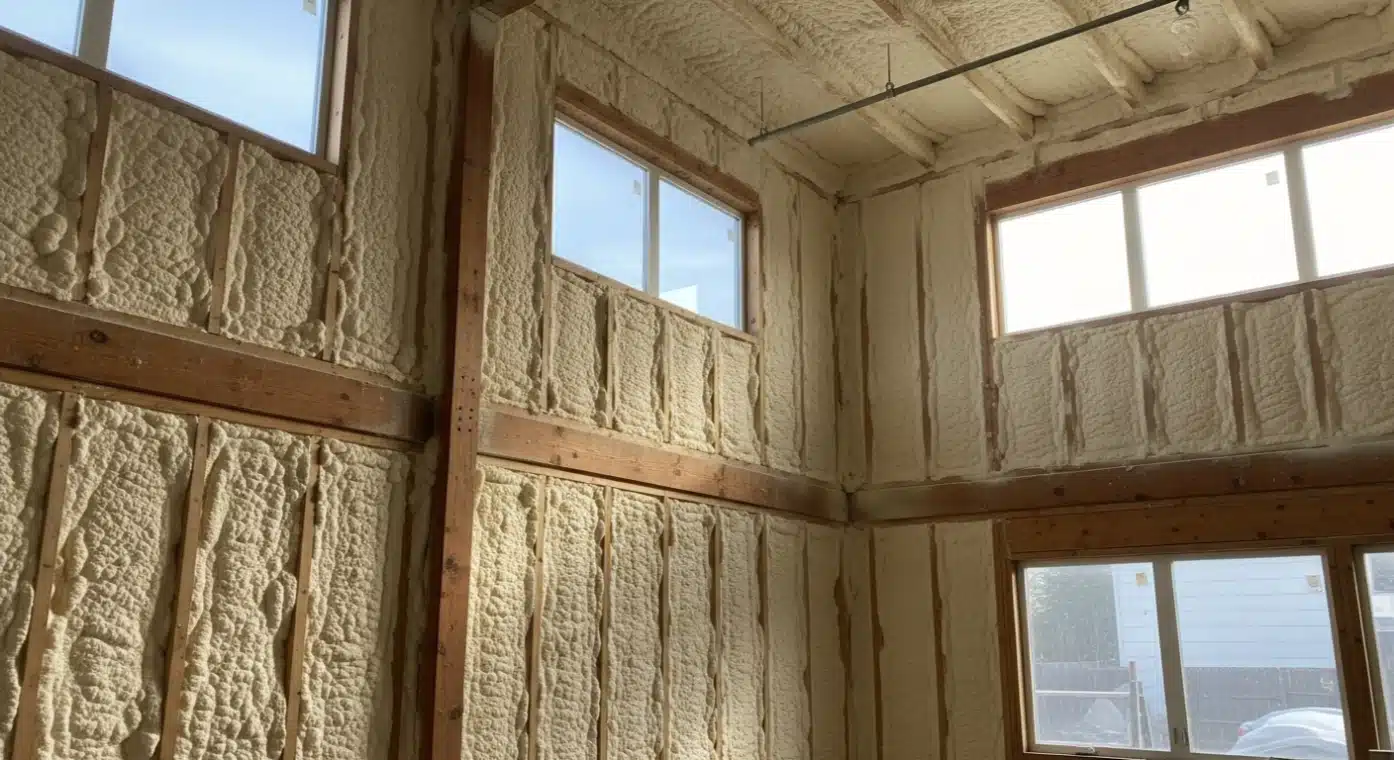
Services Provided
- Residential Spray Foam Insulation: Applied to walls, attics, and crawl spaces for improved home comfort.
- Commercial Spray Foam Insulation: Large-scale solutions for office buildings and warehouses to reduce energy demand.
- Attic Insulation: Focused application to reduce heat transfer through the roofline.
- Spray Foam Repairs: Maintenance services for damaged or aging foam applications.
Common Questions Before Choosing Insulation
Is spray foam safe for indoor use?
Yes, once cured properly, spray foam is inert and safe for building occupants.
Can spray foam be installed over old insulation?
It can, but removal of compromised or wet insulation is recommended for best results.
Does spray foam affect roof ventilation?
When applied directly under the roof deck, it often replaces traditional ventilation strategies by creating an air barrier.
How long does installation take?
Most homes can be completed in one to two days, depending on size and access points.
Summary
Spray foam insulation provides superior thermal efficiency, moisture resistance, and long-term durability compared to traditional insulation methods. Fresno’s climate amplifies these advantages, making spray foam a strong choice for both residential and commercial buildings.
Contact Supreme Spray Foam Fresno
For guidance on spray foam solutions, contact Supreme Spray Foam Fresno at [email protected] or call (559) 545-0800. Professional services include residential insulation, commercial insulation, attic applications, and foam repairs.
FAQS
How can spray foam be maintained long term?
Minimal maintenance is needed, but periodic inspections help identify rare cases of separation.
Does spray foam attract pests?
No, spray foam does not provide a food source for insects or rodents.
Can spray foam be painted or finished over?
Yes, it can be covered with drywall, plaster, or specialized coatings.
What if part of the foam gets damaged?
Localized repairs can restore insulation without redoing the entire area.
Does spray foam qualify for energy efficiency rebates?
Many regions offer incentives; checking with local utility providers ensures updated eligibility.

